

Presentation prepared for the festival Beauty of Time [1]
I’m afraid that my lecture will sound somewhat dissonant at this festival, however, as common human experience shows, dissonances are sometimes useful and not in music only.
I think that participants of our festival commit a fundamental mistake while trying to join two things absolutely impossible to join, that is, eternal happiness, calm , the infinite harmony of the Universe on the one hand and on the other hand our human consciousness, inexorably moving from past to future. I consider that this second part needs explanation.
In one of my works [2] I’ve referred to our civilization as “the civilization of free fall”. What did I want to say? Let’s imagine a set of parachutists thrown down from a high altitude. If their fall is long enough then they could think, contemplate, dream, create poems, solve their own problems, even for example, by using telephones – while falling. Two parachutists descending side by side have enough time to make acquaintance, to become friends, to quarrel and even to fall in love with each other. However, all their activity has a background, namely, the continuous and merciless motion from above to below. In the same manner all our life, all our activity has a background of motion in time from past to future, of motion which is so usual, so habitual that we’ve just forgotten to notice it and to take it into account. The only exception is an uneasy expectation of the end, which is becoming stronger little by little, in the same manner as the expectation for parachutists of meeting the ground. There is no real quiet, and no real harmony is possible while this motion continues to exist. That is, we have to choose: either quiet or absence of quiet, which is motion.
Of course, we have two ways to remove the contradiction. The first one is to abolish quiet and harmony as the main ideal desired. In fact, this is the way of European civilization, at least, in my personal perception of it. To me, the West has always been different to the East because of the tendency to drama where I use the word “drama” in its original classical Greek sense “action”. Really, just from the time of ancient Greece and Rome happiness is not quiet, it’s more likely to be a gradual coping with unhappiness; the hero finds himself in constant motion and search, he is moving from grief to joy, from dishonour to justice, from ignorance to knowledge. As soon as we stop these motions and searches, we get from the world of living life into the world of dead life and such an end to the story never was the most desirable one. Notice that the Greek gods did not dwell in the world of dead life preferring the mount Olympus. The history of nations and states needs – for a European mind – a justification with the aspiration to a higher goal. Let the goal be false and artificial: it doesn’t matter as long as the main part of the human mass believe in it. The goal could change from one century to another, the motion persists.
In any case, the goals habitually set during the last 500 years, that is, the ideals of liberty and equal rights, of scientific progress and common prosperity, have exhausted themselves. That is my opinion. I want to say that anything great or even just very interesting, which could be obtained by following those ideals, has been obtained already. “Literature is dead”, - philologists state authoritatively, and it was the tragedy who has died first, many years ago. “Music does not exist nowadays”, - musicians assert. Painting has transformed itself beyond recognition while fighting a losing battle with photography. Science has exhausted all “easy knowledge” in the same manner as industry empties deposits of “easy oil” and “easy gas” and now is mainly concerned with applications of fundamental laws found earlier. The twentieth century has shown us clearly what really happens when private property is cancelled and people are made equal from the economic point of view. I’m afraid that the 21-st century will demonstrate to us what personal freedom, democracy and humanism really look like when they are taken to their limit, that is, to the point of the absurd. What will become of European civilization, whether it will vanish or transform itself into something principally new, will depend on numerous circumstances as well as on all of us.
However, it’s necessary to remember that there exists a second way, a strange and impossible one, almost a folly, but deserving of our attention. Of course, I talk about the idea to turn against the inexorable motion of human consciousness through time; at least, to ponder whether this motion is so necessary and so impossible to surmount. We have been accustomed to it and often behave as not extremely clever passengers on an express train who look at passing landscapes through their windows and assert self-confidently that rivers and forests run away from their compartment though in reality it’s the train running. We commit the same mistake any time when we pronounce the words “time flows”. No, as one of my fellow writers has said, “time does not run, does not flow, does not move; it is we who run around with our minds”. Well, I perfectly understand that now any person acquainted with physics can remind me about the Galilean principle of relativity according to which it doesn’t matter whether the Earth is moving in relation to the train or the train is moving in relation to the Earth. However, if we want to stop the motion then the two tasks – to stop the train and to stop the Earth – will prove to be very different. To transform the flowing of time and to transform some qualities of our conscience constantly moving in time are two tasks having different orders of complexity as well. What will happen if we try to stop ourselves? I would say that the major part of my writing is dedicated to musing upon this question.
1. This lecture was prepared for the festival Beauty of Time, which took place in the Museum Izhevsk from 17 to 27 of July 2014. The festival was mostly dedicated to Buddhism and yoga, to Vedic diet, Maya calendar and so on. Translated from Russian by V.V.Shulikovskaya; edited by I. Marshall.
© V.V. Shulikovskaya, 2015–2026.
Website development IPC ’Bon Anza’
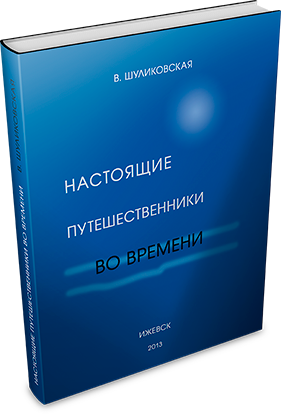

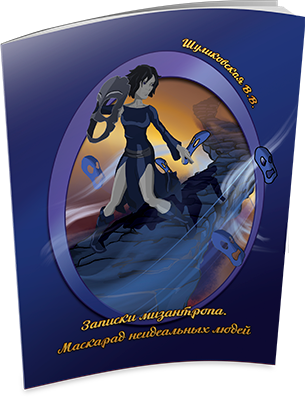
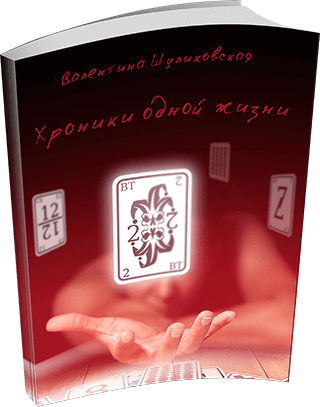
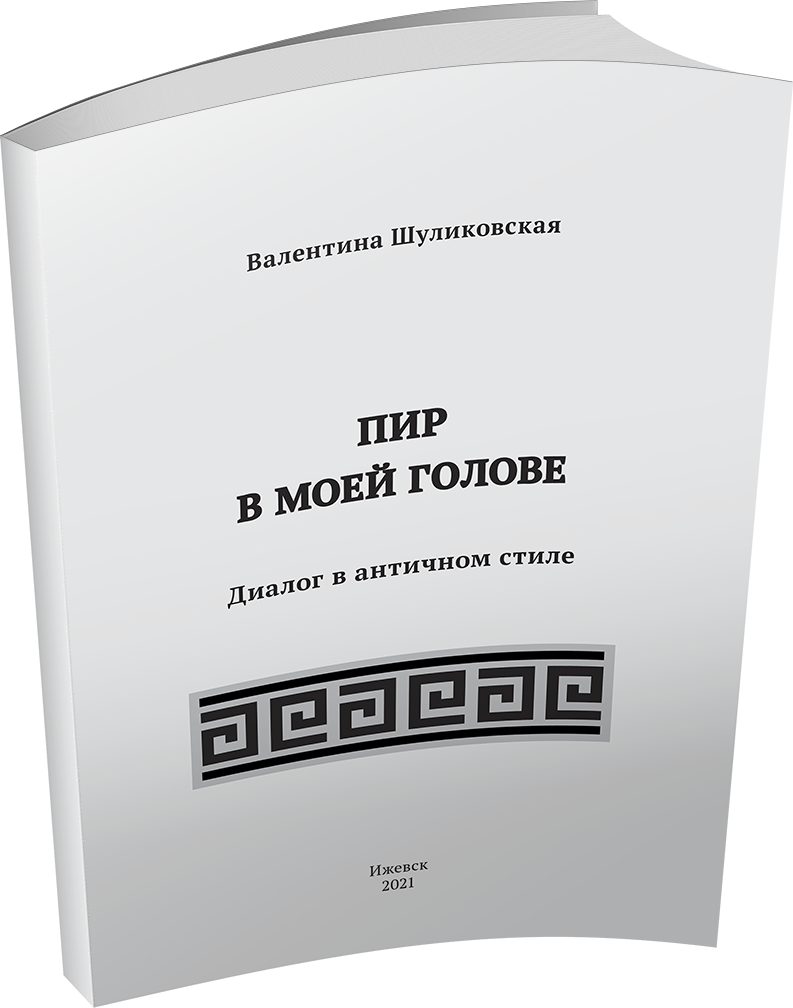
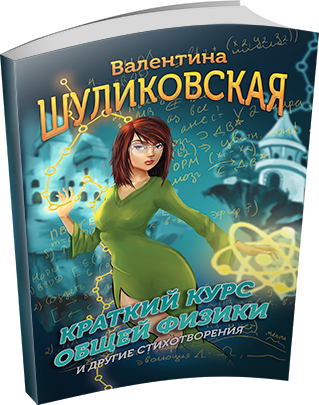
 Rus
Rus

